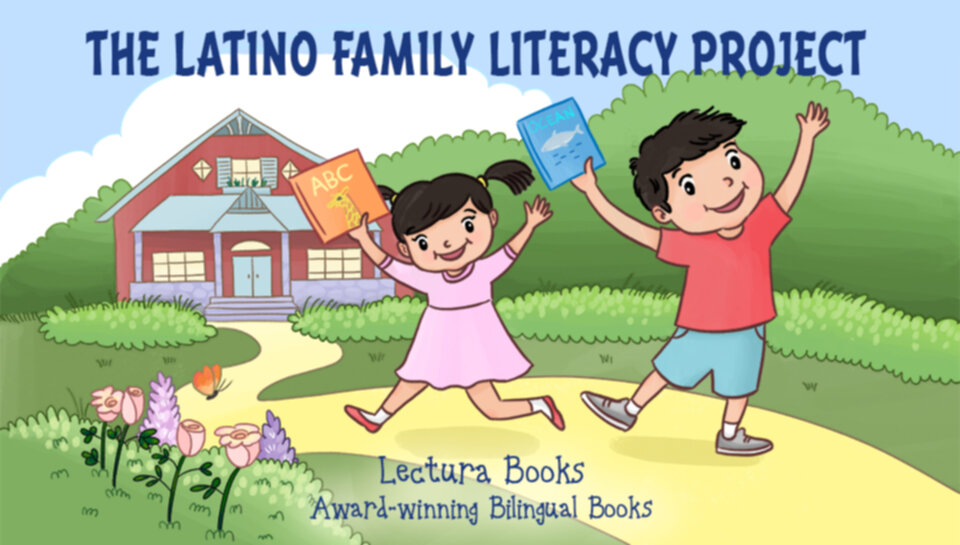How to Write a Children’s Book for Elementary Students
If you are thinking about writing a high-quality children’s book for elementary school students, it’s important that you consider your audience. Children of different ages and abilities can absorb, be read to, and independently read different levels of books. Elementary school is a time when children pass through several stages of reading ability, and each child develops at his own pace. Reading Rockets shares that the first three general stages of reading development, which range from looking at picture books to reading narratives in a series, are known as emergent, early, and transitional reading. Writer’s Digest offers this helpful general breakdown of book types for elementary students based on age:
- board books for pre-readers
- picture books for preschool to age eight
- easy readers for emerging readers ages five to eight
- middle-grade books for ages nine to eleven

Once you have decided on an age range for whom you want to write, you can concentrate on your book’s purpose. Are you trying to imbue knowledge about a culture, animal, or life lesson; teach kids rhyming skills; tell an entertaining story; or all or none of the above? Try to stay away from over-used cliché plots and make your book unique. Write in your own voice and draw on your own personal treasure trove of memories and dreams from childhood to make your book authentic and relatable for children. While you are coming up with a plot, this is a great time to think about illustrations and finding a skilled illustrator, if you are not one yourself, which is typically essential to a children’s book’s success.
Many established children’s book writers will recommend you turn to the Society of Children’s Book Writers and Illustrators for networking opportunities, conferences, and support. Writing a book for elementary aged children is a process that takes planning, commitment, and creativity, but is deeply rewarding. Children’s author Kate Klise shares ten reasons to write children’s books on Huffington Post, and offers this insight, “When you can find a way into a young reader’s imagination through something as simple as words on paper, well, there’s nothing more satisfying.”
If you are a writer of children’s bilingual elementary books and are interested in finding a publisher, Lectura Books would love to hear from you. Visit our page for more information.
Sign-up for free monthly teacher lessons for English learners.
